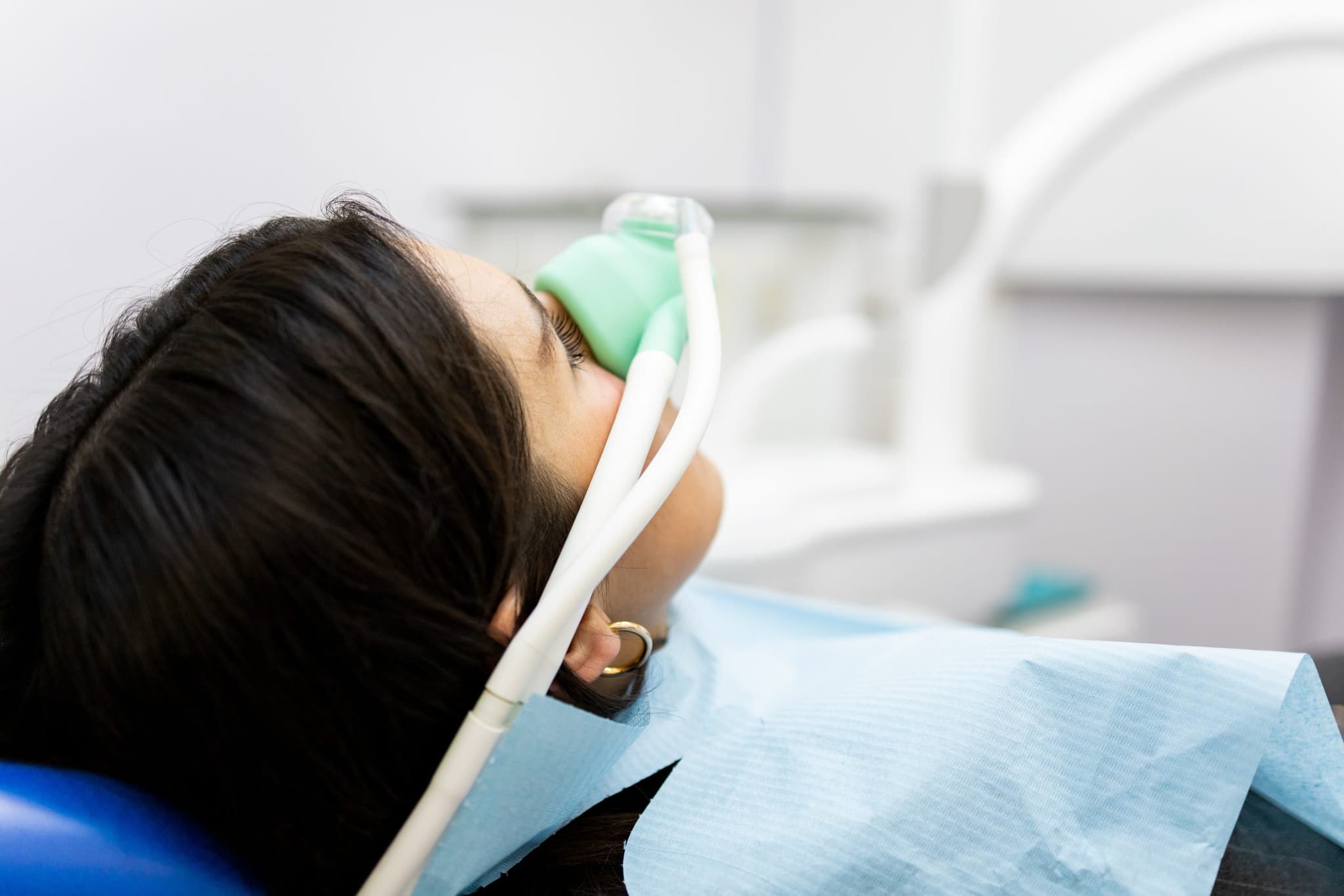
2025-12-17T17:11:43
Why OBGYN Clinics Are Using Nitrous Oxide for Pain Relief
- OB/GYN
August 23, 2016 | OB/GYN
Specialties:OB/GYN

Although teen birth rates in American girls have declined to the lowest rates seen in seven decades, almost 250,000 babies were born to women aged 15–19 years in 2014, reports the Centers for Disease Control and Prevention (CDC). This birth rate of 24.2 per 1,000 women in this age group is much higher than the rate seen in many other developed countries — twice as high as in England, Wales, or Canada, and nine times as high as in the Netherlands or Japan.
“Teen pregnancy” generally refers to a pregnant girl between the ages of 13 and 19. The CDC reports the average age for a woman to have her first menstrual cycle is 12.5 years, so pregnancy is certainly possible if puberty occurs prior to age 13.
Some teenagers, equipped with the support and love of their families and communities, manage to move through this often traumatic experience making healthy decisions for everyone involved, but the odds are stacked against teen parents and their offspring. Because of the health risks to mothers and babies, as well as the substantial social and economic costs, the National Institutes of Health lists teen pregnancy prevention as one of the agency’s “top seven priorities, a ‘winnable battle’ in public health and of paramount importance to health and quality of life for our youth.”
Teens often don’t get prenatal care soon enough, one of the many reasons pregnant teens and their babies are at higher risk of health problems than older pregnant women. Teens younger than age 15 are especially vulnerable to anemia, or low blood iron, and pregnancy-related high blood pressure.
Anemia is a low concentration of hemoglobin in the blood, which can cause extreme tiredness and other complications. Approximately 14 percent of pregnant women develop anemia, and the condition occurs in higher rates in pregnant adolescents because of “the insufficient amount of healthy caloric intake needed during pregnancy” as well as “the increased iron requirements associated with the expansion of the red cell mass during adolescence.” More pregnant 15- to 19-year-olds develop anemia than pregnant women from 20 to 44. It’s imperative for teenage girls to seek out qualified prenatal care to ensure they are receiving an adequate intake of nutrients and prenatal vitamins to prevent iron and other nutritional deficiencies.
Gestational hypertension, or high blood pressure caused by pregnancy, can cause premature delivery or low birth weight of the baby. When high blood pressure develops into a life-threatening condition called preeclampsia, both mother and unborn baby are at risk. This sudden increase in blood pressure after the 20th week of pregnancy is not preventable and requires very close monitoring by an obstetrician.
The lack of early and regular prenatal care in pregnant teens, coupled with the fact that they are more likely to smoke, drink and take social drugs while pregnant than women over 25, doubles the risk of having a low-birth-weight baby. Smoking also increases the risk of pregnancy complications, premature birth, and stillbirth.
A premature birth baby, or “preemie” is born before 37 completed weeks of pregnancy; a full-term pregnancy is 40 weeks. Preemies miss out on the important growth and development that takes place in the final weeks of pregnancy and often suffer health problems because their organs did not have sufficient time to develop. These can include:
A low-birth-weight baby weighs less than 5.5 pounds. Some develop infections or other illnesses in the first days of life, while others may suffer from longer-term problems including learning disabilities or delayed motor and social development. A study from the University of Pennsylvania found that premature babies weighing less than 4.5 pounds at birth “are five times more likely than babies born at a normal weight to have an autism spectrum disorder (ASD).”
Nearly 10 percent of teenage mothers deliver a low-birth-weight baby. Sadly, these babies are more than twenty times as likely to die in their first year of life versus a normal-weight baby.
Teenage pregnancy changes the entire course of a young girl’s life and often the life of her partner. The impact on their futures is often a negative one:
No matter how mature or responsible a teenage girl is, the fact is that most teens have not yet acquired the necessary life skills and positive parenting habits needed to handle the stress of birthing and raising a child. Partnering with the right obstetrician who can support a young girl through this challenging life passage is crucial for all of the reasons outlined above.
Regular prenatal visits to monitor the health of both mother and baby ensure that a healthy diet is followed that includes generous amounts of folic acid, calcium, iron, protein, and other essential nutrients. A daily prenatal vitamin may be prescribed, along with extra calcium and phosphorus needed by the young mother’s still-growing bones.
Obstetrical specialists track the mother’s weight gain to make sure she is gaining the right amount to support the baby’s growth. A safe exercise program is developed and then modified in each trimester to keep the young mother active and healthy. Remember: “Having a healthy pregnancy is one of the best ways to promote a healthy birth.”
If you or someone you love is facing teen pregnancy, you’ll want to begin care with a qualified OB/GYN group immediately.
Sources
Mayo Clinic
WRITTEN BY:
The Live Better Team

2025-12-17T17:11:43

2025-11-21T14:10:25

2024-09-19T11:59:35

2019-12-31T15:15:01
This information is not intended to replace the advice of a medical professional. You should always consult your doctor before making decisions about your health.